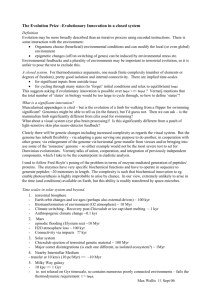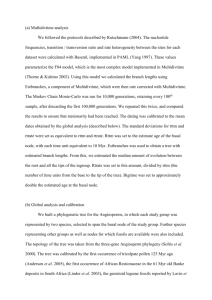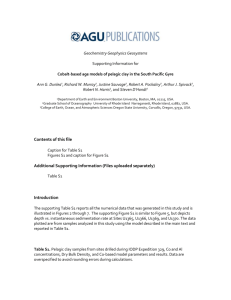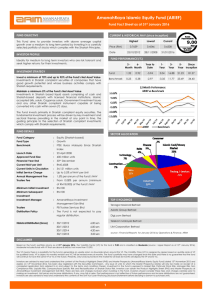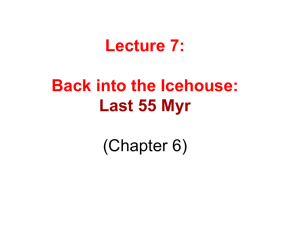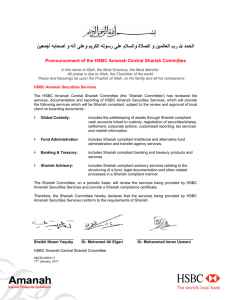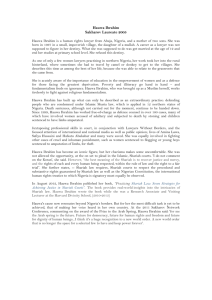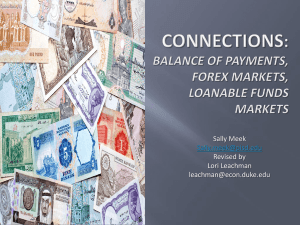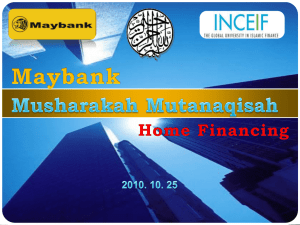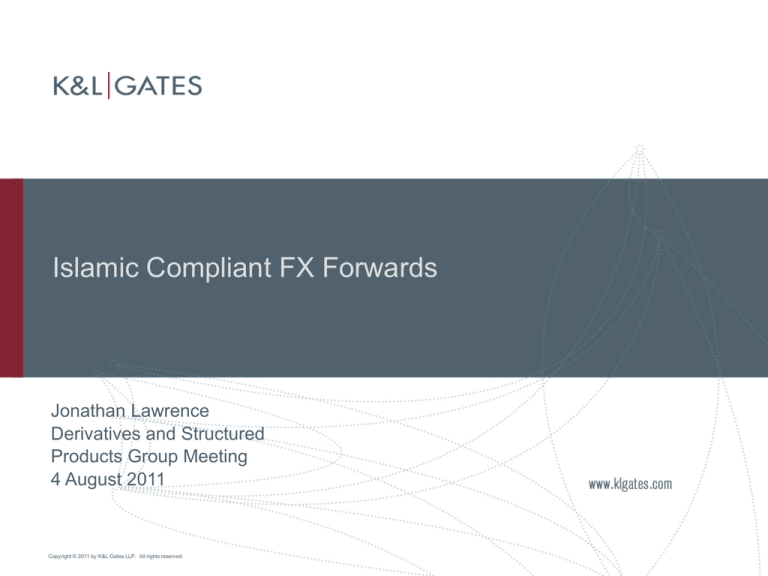
Islamic Compliant FX Forwards
Jonathan Lawrence
Derivatives and Structured
Products Group Meeting
4 August 2011
Copyright © 2011 by K&L Gates LLP. All rights reserved.
Background
US regulatory issues for cash-settled FX business
i.e. non-deliverable currency forwards
Characterisation as swaps therefore potential
regulation as swap dealers
2
Recognition of Hedging in Islam
Important objective of Shariah is to preserve and
protect wealth
Many Quranic verses indicate importance of taking
strategic measure to minimise anticipated risk to
property
3
Conventional and Shariah Viewpoints on FX
Forward
Conventional views:
Shariah Views:
Used to manage/hedge
against risk of fluctuations in
exchange rates
Is a derivative instrument
conducting a sale in the future
at a price fixed today
Contract sealed today but
settlement & delivery in the
future
Problem with FX: parties
wish to exchange currency in
future but have already fixed a
rate today
Contravenes Shariah rules
of bay’ al-sarf: exchange
should involve transactions on
a spot basis
4
Structuring
Contracts and principles in accordance with Shariah
rules and principles
Not to be used as an excuse for practising the
charging of interest
Each contract to be separate
Each contract to be actual – not fictitious
Each contract to have its own effect
5
Execution
Each contract to be executed separately
Execution of contracts to follow correct and logical
sequence
A real transaction must occur each time
Independent and separate nature of each contract
6
Usage
Instruments only to be used for hedging and not
speculation
Must be an underlying “real” transaction and not
merely a sham
Must be a real need to undertake the transaction
7
Wa’dan
Two unilateral promises given by two parties to one
another
The two promises are not connected
Application depends on two different conditions
shown in diagram below
8
Islamic Currency Forward Based on Wa’dan
(two unilateral promises) at Dealing Date
1
Customer
Bank
Promises to sell USD1 million
at the rate of 3.5 if exchange
rate USD/MYR >3.5
2
Customer
Bank
Promises to buy USD1 million
at the rate of 3.5 if exchange
rate USD/MYR is below or
equal to 3.5
9
Islamic Currency Forward Based on Wa’dan
(two unilateral promises) at Value Date
Scenario 1: If USD/MYR > 3.50 (e.g. 3.60), bank
exercises its right under the first promise, to buy USD
for MYR at agreed rate of 3.50
Scenario 2: if USD/MYR< 3.50 (e.g. 3.40), customer
exercises its right under the second promise, to sell
USD for MYR at agreed rate of 3.50
10
Tawarruq contract
A financial institution, either directly or indirectly, will
buy an asset and immediately sell it to a customer on
a deferred payment basis. The customer then sells
the same asset to a third party for immediate delivery
and payment, the end result being that the customer
receives a cash amount and has a deferred payment
obligation for the marked-up price to the financial
institution. The asset is typically a freely tradeable
commodity such as platinum or copper.
11
FX Forward Based on Tawarruq
Payment of US$ 10 Million at
Value Date
Bank
Broker B
US$ 10 Million
Pay RM35
Million at Value
Date
RM35
Million
US$ 10 Million
Broker A
Customer
Payment of US$ 10 Million at
Value Date
Forward Rate:
US$/MYR =3.50
12
Conditions of Use
Approval given by Shariah committees only if the
instrument is exclusively for hedging purposes. This
means:
can only be used as insurance activity
cannot be used for funding and trading by means of
speculation
13

